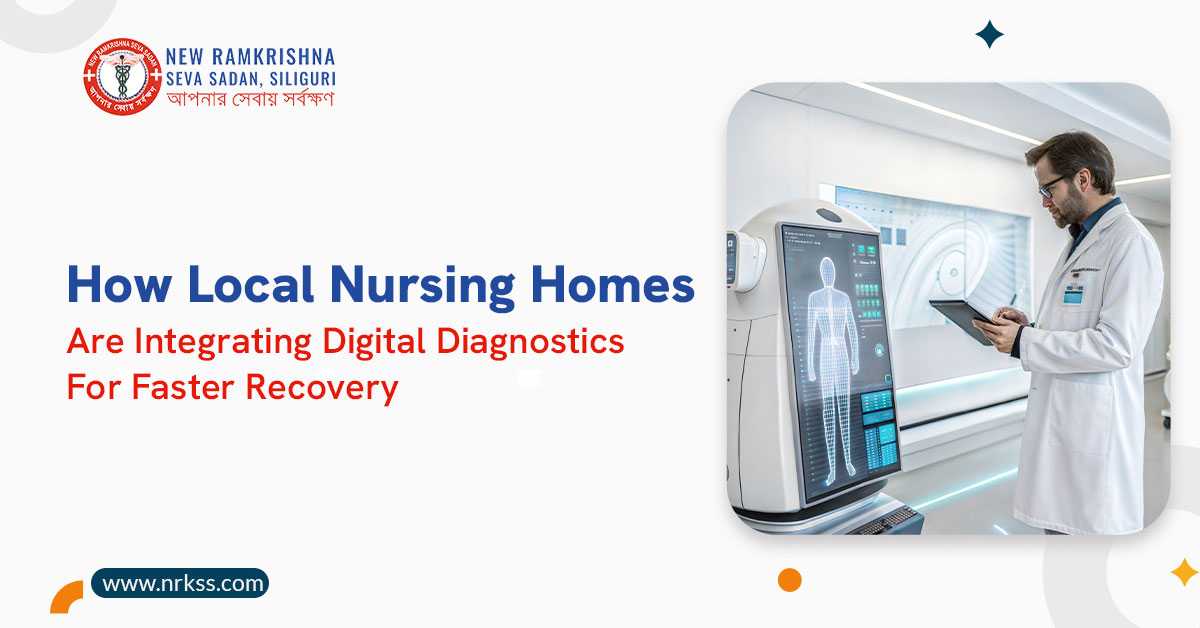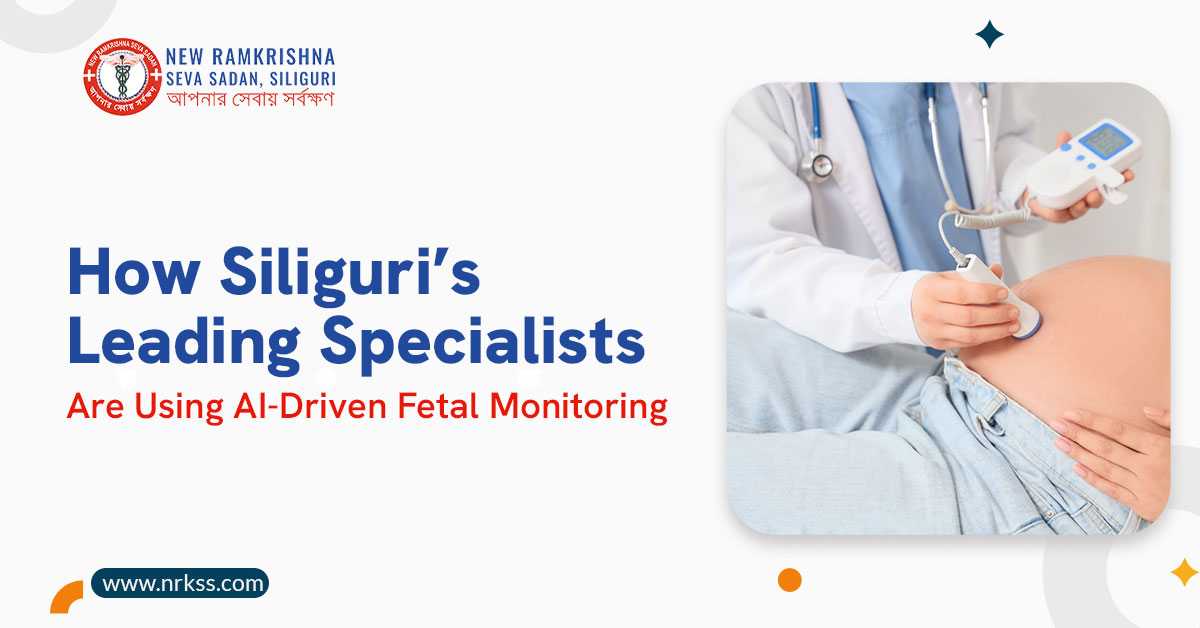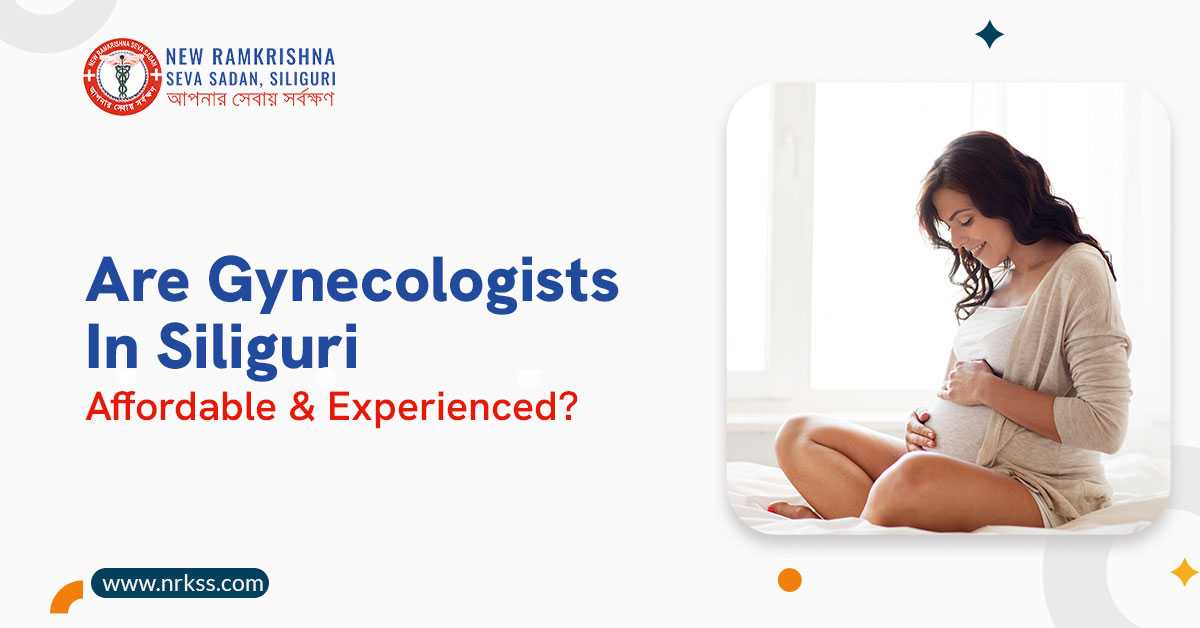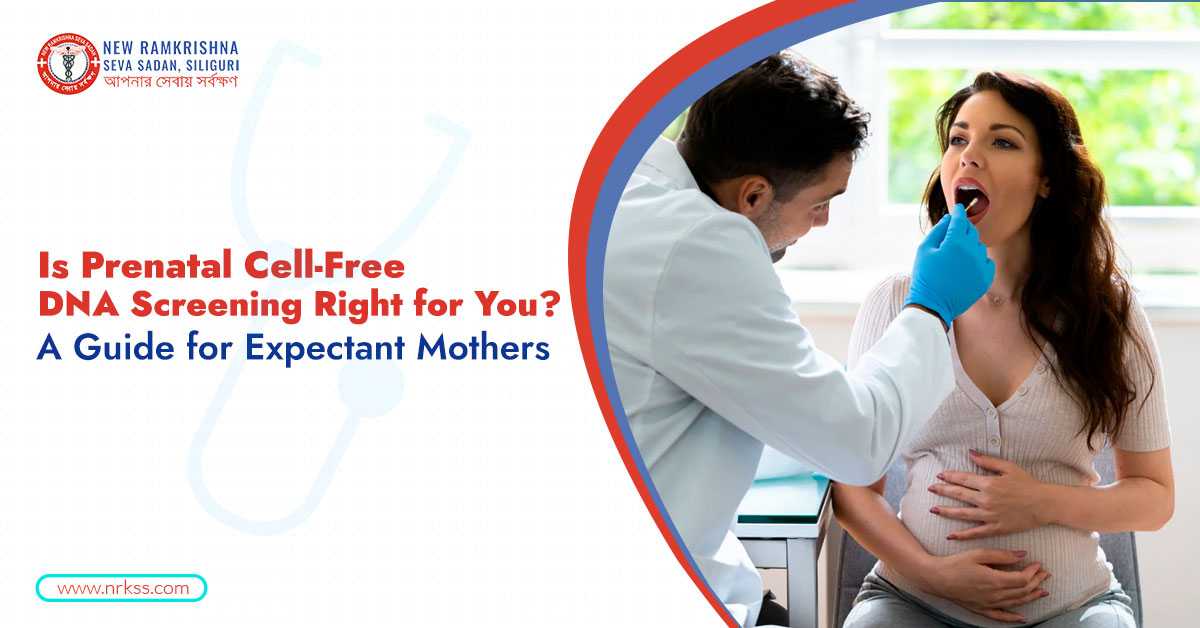During your pregnancy, you can learn more about the health of your baby by getting tested for genetic disorders. Doctors recommend these tests based on what’s right for you. Genetic testing looks for congenital disorders in the baby, such as spina bifidaand Down syndrome.
Prenatal screening for some disorders caused by an abnormal number of chromosomes is done using cell-free DNA. Now, not all chromosomal diseases are tested for by it. Consult the best obstetrician in Siliguri for prenatal screening tests under expert supervision.
Cell-free DNA screening stands out among the current approaches due to its accuracy and non-invasiveness. Is it, however, the best option for you? The purpose of this guide is to help you determine if cell-free DNA screening is appropriate for your prenatal care plan, as well as to explain the overview and its advantages and disadvantages.
Overview of Cell-free DNA Screening
By analyzing this DNA, a cfDNA screening can ensure whether the baby is at risk for diseases like Down syndrome or trisomy 13 that are brought on by an abnormal number of chromosomes.
This is a blood test called prenatal cell-free DNA (cfDNA) screening that takes place during pregnancy. Your obstetrician may recommend other tests to determine if there’s a disorder. A cfDNA screening poses very minimal risk to you or your baby.
Cell-free DNA Screening is Used for
CfDNA screening, which is usually carried out during the tenth week of pregnancy, helps determine the likelihood of developing specific chromosomal disorders, such as:
- DownSyndrome (trisomy 21)
- Edwards Syndrome (trisomy 18)
- Patau Syndrome (trisomy 13)
- Anomalies of the sex chromosomes (e.g., Klinefelter syndrome, Turner syndrome)
The fetus is not at risk with cfDNA screening generally, which is non-invasive and simply requires a blood sample from the mother. This prenatal genetic screening also checks your blood type for Rh. See the best obstetrician in Siliguri or near you and receive personalized care for optimal pregnancy.
If your baby is Rh-positive and you are Rh-negative, the immune system of your body can target the blood cells of the unborn child. If you are Rh-negative early in pregnancy, you can take medication to prevent harmful issues for your baby.
Why You Need Prenatal Cell-free DNA Screening
If you are pregnant and have a higher chance of giving birth to a child who has a chromosomal issue, your obstetrician may advise this prenatal screening.
- Maternal age at advanced stage (35 years or older at delivery)
- A family history or previous pregnancy that was impacted by a genetic disorder
- Abnormal findings from an ultrasound or screening in the first trimester
- Technology for assisted reproduction (ART) use
But today, a lot of medical professionals give cfDNA screening as a first-line screening tool for any pregnant parent who wants to learn more about their unborn child's health early on.
The Advantages of cfDNA Testing
High Accuracy
cfDNA screening has very low false-positive rates and detection rates of over 98%-99% for Down syndrome.
Initial Findings
If necessary, an earlier decision can be made because results are usually available 7–10 days following the blood test.
Non-invasive
The small risk of miscarriage that comes with invasive treatments is not present with cfDNA screening and NIPT is a type of cell-free DNA screening. You can also receive guidance from the best gynaecologist in Siliguri City for high-risk pregnancy care.
Some pregnancy-related genetic material (DNA) circulates in the pregnant woman's bloodstream. Therefore, the expectant mother’s blood is tested for cell-free DNA.Screening tests can help confirm if your fetus is at a higher or reduced risk of developing somechromosome-related health issues.
Prenatal cell-free DNA screening is an effective prenatal test that provides early information on the genetic health of your baby. Although it isn't for everyone, many pregnant parents feel that having additional knowledge to help them navigate their prenatal experience is comforting. Get expert advice from your obstetrician at New Ramkrishna Seva Sadan.




